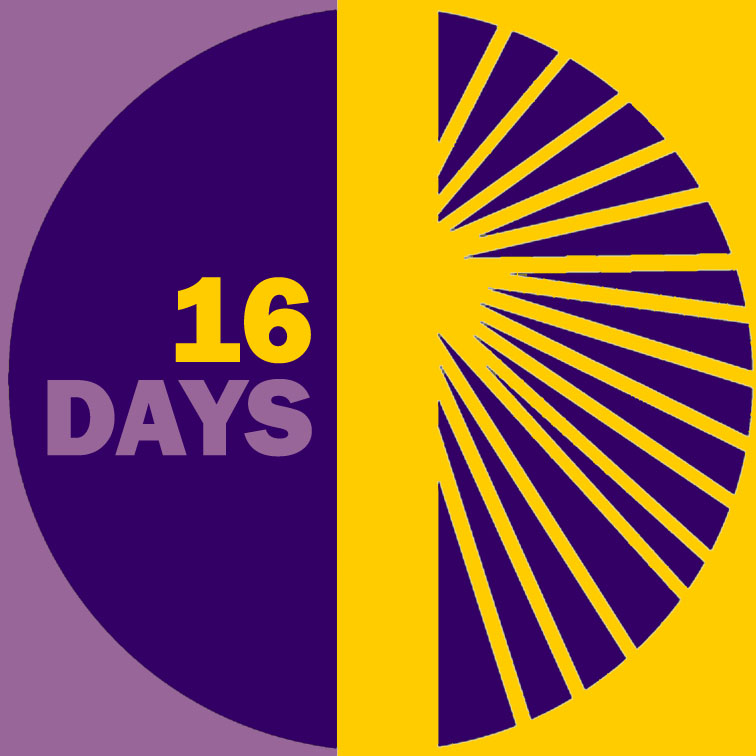By: James Rehmat
The annual 16 Days of Activism Against Gender-Based Violence, observed globally from November 25 (International Day for the Elimination of Violence Against Women) to December 10 (Human Rights Day), highlights the urgent need to combat violence against women and girls. This year, the campaign focuses on “Recommitment, Accountability, and Resourcing” as the world approaches the 30th anniversary of the Beijing Declaration and Platform for Action (Beijing +30).
In Pakistan, gender-based violence (GBV) remains a pressing issue deeply rooted in cultural norms, systemic discrimination, and patriarchal attitudes. Despite legislative progress, including the Domestic Violence (Prevention and Protection) Acts and the Anti-Rape Ordinance, gaps in implementation continue to hinder the fight against GBV.
Reports from the Human Rights Commission of Pakistan indicate that thousands of women face domestic violence, honor killings, acid attacks, and harassment annually. Many cases go unreported due to fear, stigma, and limited legal protections. Existing laws often fall short due to insufficient accountability, societal resistance, and lack of resources, making violence against women a persistent issue.
The Beijing Declaration, adopted in 1995, outlined a global commitment to achieving gender equality. As Pakistan reflects on its progress toward these goals, there is a critical need to reassess strategies, address gaps, and strengthen efforts to protect women and girls.
The theme of recommitment emphasizes renewed political will and institutional reform. Aligning national policies with international frameworks, such as the Convention on the Elimination of All Forms of Discrimination Against Women (CEDAW) and the Sustainable Development Goals (SDGs), particularly Goal 5 on gender equality, is essential.
Civil society organizations (CSOs) and faith-based groups have played a key role in community-level dialogues addressing GBV. However, broader recommitment efforts require the involvement of men and boys in challenging harmful norms and promoting equality.
Accountability remains central to ensuring that commitments lead to actionable outcomes. Strengthening institutions responsible for protecting women’s rights—such as police, judiciary, and human rights commissions—is critical. Initiatives like women-friendly police stations and fast-track courts for GBV cases mark progress but often lack the capacity and resources for effective implementation.
Ensuring accountability extends beyond punishing perpetrators. Governments, policymakers, and organizations must prioritize monitoring and evaluating interventions, ensuring transparency in funding, and conducting regular impact assessments. Engaging survivors in policymaking processes can provide valuable insights and drive meaningful reforms.
Addressing GBV requires adequate financial, human, and technical resources. In Pakistan, budget allocations for women’s protection remain limited, impacting the effectiveness of shelters, counseling centers, and vocational training programs.
Innovative approaches to resourcing can enhance efforts. Partnerships with the private sector, international donors, and philanthropic organizations can complement government initiatives. Additionally, leveraging technology—such as mobile apps for harassment reporting or digital awareness campaigns—can expand reach and accessibility.
Community-driven initiatives, including women’s collectives and youth networks, also require support. Investing in their capacity-building can foster sustainable, locally-led anti-violence efforts.
As Pakistan participates in the 16 Days of Activism, the focus on recommitment, accountability, and resourcing underscores the importance of tackling GBV as a national priority. By addressing systemic inequalities, empowering survivors, and fostering collaborative action, the country can advance toward its commitments under Beijing +30.
Ending gender-based violence is not only a human rights issue but also essential for sustainable development and national progress. The campaign calls on all stakeholders to act decisively, ensuring a future where every woman and girl in Pakistan lives free from violence.


